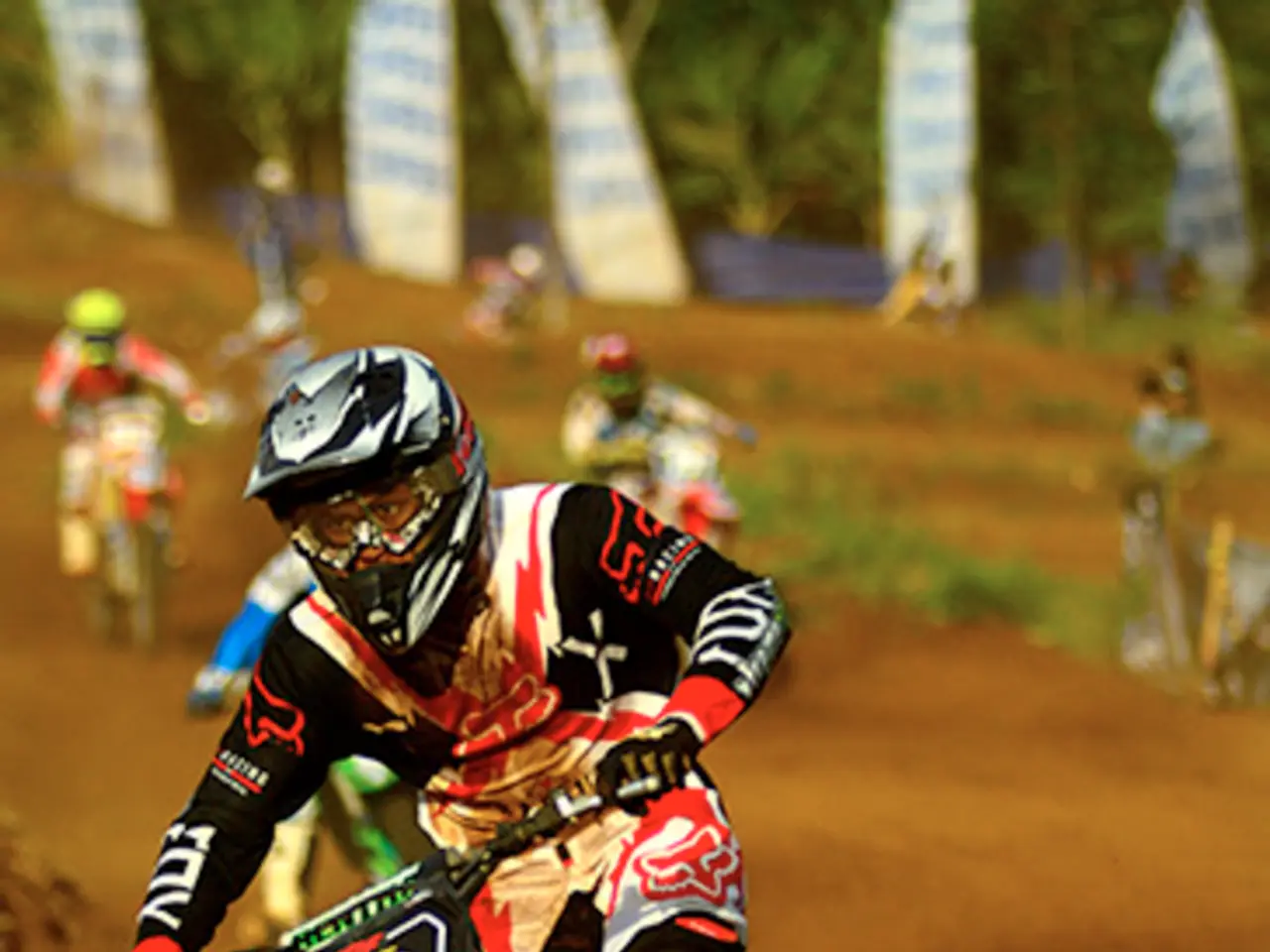Concussion-induced depression: A look at risk factors, instances, and treatment options
In the realm of concussion research, a growing body of evidence suggests that inflammation may play a significant role in the development of neuropsychiatric symptoms, including depression. However, the direct link between anti-inflammatory treatments and reduced depression symptoms remains elusive.
Recent studies and clinical observations have shed light on potential avenues for treatment. For instance, psilocybin retreats have demonstrated significant improvement in depression symptoms and post-concussion complaints in veterans with Traumatic Brain Injury (TBI), potentially due to psilocybin's reported anti-inflammatory effects in preclinical studies. Yet, the role of anti-inflammatory action remains inferred, as inflammatory markers were not directly measured in the study.
Another promising area of research involves gut health modulation via probiotics. These probiotics, which reduce inflammatory markers, have shown decreases in inflammation and some symptom improvement in veterans with PTSD and post-concussive symptoms. However, these findings focus more on PTSD symptoms than depression per se and require further validation.
Classic medication approaches for TBI-related symptoms, such as antidepressants and anti-anxiety drugs, do not primarily target inflammation. Research on specific inflammatory cytokines after concussion has yielded inconsistent results, making it unclear if targeting inflammation broadly will reliably reduce depression linked to concussion.
One underlying factor in the link between concussions and depression might be inflammation. Experts propose exploring alternative treatments for depression following a TBI, beyond Selective Serotonin Reuptake Inhibitors (SSRIs), due to conflicting results in their efficacy.
In real-life scenarios, stories like Lexi's serve as poignant reminders of the impact of concussions. Lexi, who suffered three to four diagnosed concussions from soccer and basketball, worked with a neuro therapist to improve her cognitive functioning. The risk of depression increases with the number and frequency of concussions, and for females, soccer may have the greatest risk of causing concussions, while for males, sports with the greatest risks are not specified in the provided information.
A 2020 study found that 36.4% of high school students with one or more concussions experienced feelings of sadness and hopelessness. Depression may appear immediately after a concussion or manifest later. Amy, another individual who experienced concussions, found recovery through functional neurology after two and a half years of seeking answers for her symptoms.
As research continues to explore inflammation-focused approaches for improving depression after concussion, it's crucial to remember the importance of preventive measures. Wearing helmets is essential for sports such as cycling, skiing, baseball, football, wrestling, skateboarding, and hockey to prevent concussions.
In conclusion, while inflammation is implicated in the pathophysiology of concussion-related neuropsychiatric symptoms, including depression, anti-inflammatory treatments have not yet been conclusively proven to reduce depression symptoms in this context. Emerging therapies with anti-inflammatory properties show promise but require more rigorous, controlled studies directly measuring inflammation and mood outcomes. Current treatment primarily targets symptoms via conventional antidepressants and supportive care.
Science and medical-conditions intertwine in the exploration of the link between concussions and depression, with a growing focus on the potential role of inflammation. Health-and-wellness experts advocate for neurological-disorders research, including investigating alternative treatments for depression following a TBI. Mental-health conditions, such as depression, can be accompanied by accidental falls and concussions, prompting a need for preventive measures, such as wearings helmets in sports.




